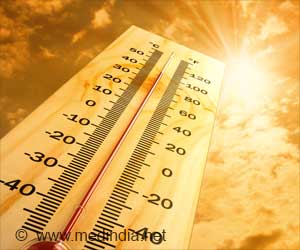Plastic pollution refers to the accumulation of plastic waste that harms ecosystems and wildlife.

‘Did you know around 6 million tonnes of #plasticpollutes our oceans each year? And that's just the tip of the iceberg! Mismanaged plastic waste is wreaking havoc on our planet. #PlasticPollution’





Accelerating Systemic Solutions for a Sustainable Future
These will also drive systemic solutions to key challenges such as advancing sustainable materials, strengthening recycling systems, tackling greenhouse gas emissions, and more.“Reaching this 25-nation milestone is not just a celebration of numbers, it’s a testament to the growing global determination to tackle one of the world’s most pressing challenges,” said Clemence Schmid, Director of GPAP, World Economic Forum.
“These partnerships are not just symbolic, they represent concrete commitments to rethinking how plastics are produced, managed, and reused. Together we are charting a path towards a circular plastics economy that benefits people and the planet,” Schmid added.
The GPAP has already mobilised $3.1 billion in investments, created safer jobs for informal waste workers, and supported countries in achieving measurable progress on sustainability and climate resilience.
Besides curbing plastic pollution, GPAP also contributes significantly to climate change. Plastic pollution is responsible for an estimated 1.8 billion tonnes of greenhouse gas emissions annually. GPAP’s systemic approach to waste management can drastically reduce landfill emissions such as methane -- over 80 times more potent than CO2 in the short term.
Advertisement
Source-IANS








